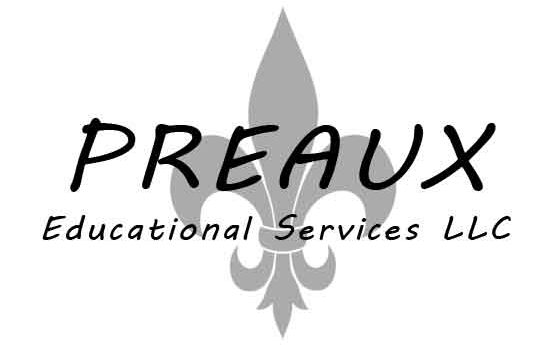Every child learns differently, and recognizing and supporting those with learning differences is key to helping them reach their full potential. Whether it’s dyslexia, ADHD, behavioral, or other learning challenges, a collaborative approach between parents and educators can make a significant difference. Here are some practical tips:
- Early Identification is Key: Recognizing signs of learning differences early allows for timely intervention and support. Trust your instincts if you notice persistent struggles.
- Create a Supportive Environment: Foster a safe, understanding space where children feel valued for their strengths, not defined by their challenges.
- Individualize Learning Strategies: Adapt teaching methods to suit the child’s learning style. Use multi-sensory approaches, visual aids, or hands-on activities to enhance understanding.
- Focus on Strengths: Celebrate what the child does well. Building on their interests and talents boosts confidence and motivation.
- Encourage Self-Advocacy: Teach children to understand their learning needs and communicate them effectively. This empowers them to seek support as they grow.
- Foster Strong Parent-Teacher Partnerships: Regular communication between parents and educators ensures consistency in strategies and reinforces progress.
- Be Patient and Positive: Progress may be gradual. A positive, patient approach helps children feel supported and reduces frustration.
- Seek Professional Support When Needed: Don’t hesitate to involve specialists like educational psychologists, speech therapists, mental health professionals, or tutors to provide targeted assistance.
By focusing on understanding, flexibility, and encouragement, parents and educators can create a path to success for children with learning differences. Every child has the potential to thrive with the right support system in place.
